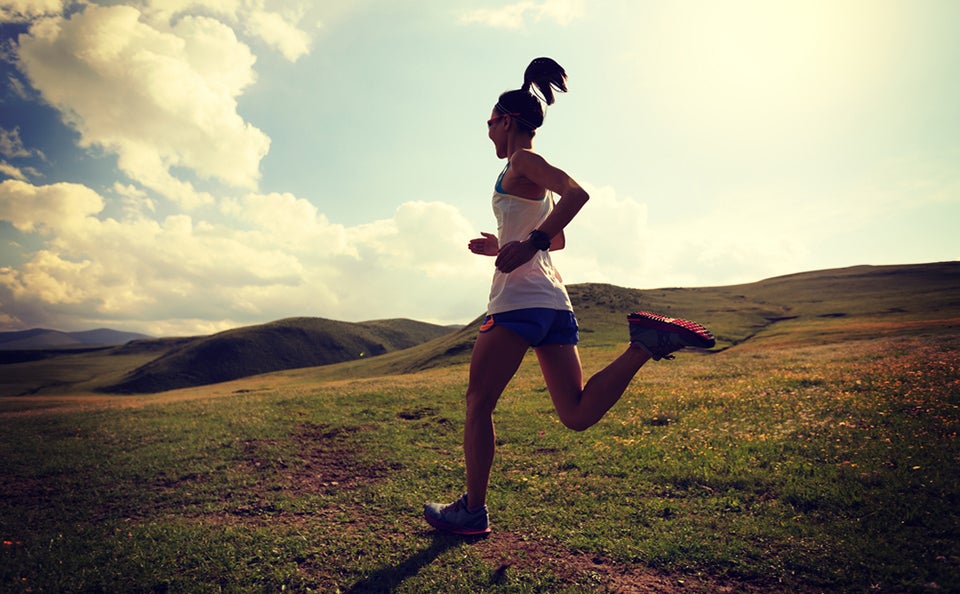Time Your Meals Right for Exercise

Should you work out in a fed or fasted state?
This is one of the most controversial topics in sports nutrition. The long-standing advice has been to eat before physical activity (i.e., have a full tank of fuel) to keep you energized and reduce the risk of injury. More recent studies, however, have shown that athletes who exercise in a fasted state have an increase in human growth hormone and testosterone, both of which help build new muscle, burn fat and increase bone density. Which choice is right for you? Only you can tell. Try working out both ways: after a small meal and without eating anything before, and monitor how your body performs as well as how you feel for the remainder of the day (for example: energetic, hungry, craving a specific food, tired) and adjust as needed. Either way, the most important thing you can do before a workout is drink water.
Post-workout meal
What and when you eat after exercise can vary and should be based on your hunger. Ideally, a post-workout meal should be consumed within an hour of finishing your workout and contain sources of both protein and carbohydrate to help replenish glycogen stores and repair damaged muscle tissue. If you’re training intensely for a big race or you work out more than once per day, eat a post-workout meal that contains easily digestible carbohydrate, such as fruit, plus about 30 grams of protein to refuel and recover at a much faster rate so you’ll be ready for your next workout.
Fat & fiber
Both fat and fiber are essential nutrients to help you stay healthy. However, since they tend to digest slowly, consuming foods that contain a lot of fat or fiber either immediately before or after physical activity isn’t a good idea. Pre-workout, fat- and fiber-rich foods will stay in your stomach longer, leaving you feeling sluggish and weighed down. Post-workout, fat- and fiber-rich foods can delay important carbs and protein from being absorbed and available for muscle repair and glycogen formation. Enjoy healthy fats and fiber-rich foods such as nuts, fish, avocados, whole grains and beans at other meals and snacks to ensure you’re getting them in.
Join Our New Year Real-Food Reboot!
Join us for an inspiring 28-Day Real-Food Reboot led by two registered dietitian nutritionists and long-time Clean Eating contributors Erin Macdonald, RDN, and Tiffani Bachus, RDN, BCS.
In this invigorating 4-week, clean-eating boot camp, we’ll meal plan and cook together, learn everything there is to know about building a diet that works best for your personal needs, we’ll take on weekly lifestyle challenges, share experiences, updates and successes and most importantly, we’ll keep each other accountable and committed until the end. This reset challenge was designed to completely transform your relationship with food and affect lifelong change through forming healthier habits that will better serve you and those around you.
For more info, and to sign up now, go to cleaneating.com/realfoodreboot